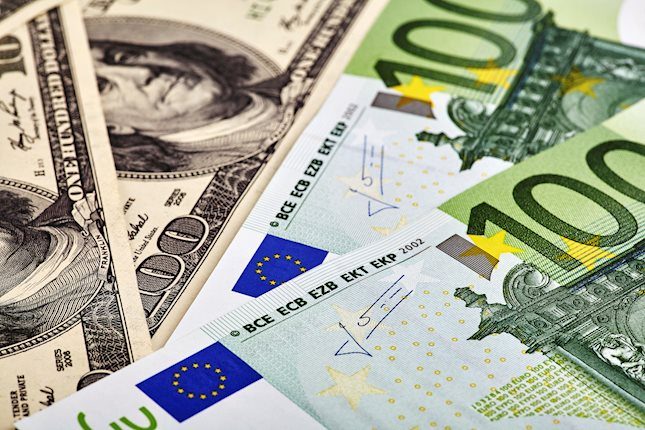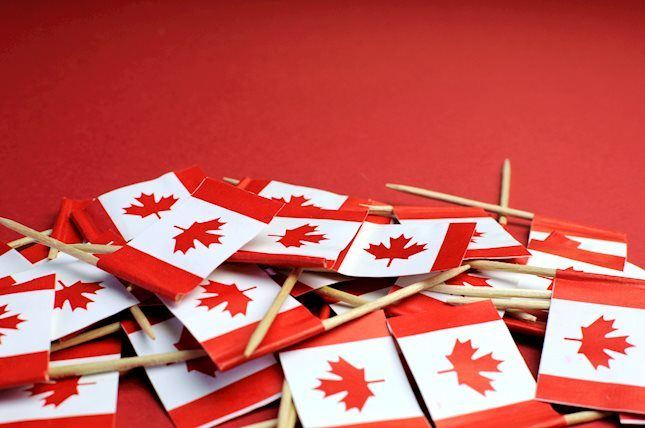The two main drivers of the price of oil have been an increase of production in the U.S. with the use of shale oil technology, and a lower demand for energy as global growth slows. Geopolitical turmoil has taken a backseat to those two factors. Even rising violence in oil producing states has not deeply affected the price of crude.
The Organization of the Petroleum Exporting Countries (OPEC) will hold its general meeting this week to decide if it needs to reduce its oil production quota to reverse the falling price of crude.
During OPEC’s last meeting in June, the members considered the market to be adequately supplied, and they indicated geopolitical tensions were the main reason prices had changed. There was a comment on the statement highlighting that although global demand would be stronger in 2014 than in 2013, non-OPEC supply was growing.

What is OPEC’s Mandate?
OPEC is an international organization and economic cartel whose mission is to coordinate the policies of the oil-producing member countries. Its goal is to secure a steady income to the member states by coordinating oil output decisions.
OPEC nations represent around 40% of the world’s oil supply, and with so much control over oil’s supply-side, shifts in production levels can have a significant impact on oil prices.
OPEC is an intergovernmental organization that was created at the Baghdad Conference in September 1960, by Iraq, Kuwait, Iran, Saudi Arabia and Venezuela. Current membership includes: Algeria, Angola, Ecuador, Iran, Iraq, Kuwait, Libya, Nigeria, Qatar, Saudi Arabia, United Arab Emirates and Venezuela.
OPEC between a Rock and a Hard Shale
There is growing speculation on the entity’s recent decision to cut oil production in order to boost the price of oil. At the time of the last assembly, the price of oil was well above the US$100 mark. This time around it has broken through the $80 price line, and it continues to plunge lower as per the main two factors outlined above. All major economic think tanks and research organizations have downgraded global growth which reduces the expected demand for energy. The shale exploration boom has cut the dependency of foreign oil for America. Commodities across the board are suffering from glut as supply is outstripping demand.
OPEC has a hard choice to make as cutting production can affect the price upwards, but it could also mean that non-OPEC members like Russia, the U.S. and the U.K. will increase their market share if they keep selling crude at discount prices.
Of Winners and Losers
Big energy importers have benefited from current prices. Asian economies in particular have been able to stockpile cheaper oil and reduce their imports. India and Japan have reduced their deficits, even as their exports have not grown as much as expected thanks to the lower imports. China has already accelerated the purchase of oil tankers, and that could equate to $20 billion annually in savings.
Consumers around the world have also benefited from lower oil prices in those economies where the price of crude is directly correlated to gasoline. Air travel, however, has been unaffected as airlines have for the most part not passed on savings.
Meanwhile, oil producing countries are struggling to cope with the continued decline in the price of crude. Energy giants that are part of OPEC, and outsiders such as Russia that depend on those incomes as a big part of its economy, have been hit by a more than 30% decline in prices. It is uncertain at this point how much of the U.S. and Canadian industries have been hit as shale and fracking are a viable option with high prices, but less so as cheap, easier-to-procure oil is more abundant.
A Divided OPEC Could Send Shale a Signal
Saudi Arabia has held various talks with energy ministers of OPEC member and non-member states ahead of Thursday’s critical meeting in Vienna. The market is expecting a cut in production as seen by various surveys of oil experts. Saudi officials have dismissed the need for cut. The United Arab Emirates and Iran have hinted they will back the decision from the biggest OPEC oil producer. Saudi Arabia and Russia have indicated production cuts are unlikely and there appears to be zero cooperation between Russia and OPEC. The rise of shale has been minimized by Saudi Oil Minister Ali al-Naimi, who feels that although it is a great innovation, the production numbers are being inflated by the American media.
Meanwhile, Iraq and Venezuela are the biggest proponents of oil production cuts. Given the weight the Saudis have in OPEC and the country’s lack of urgency regarding oil profits, Saudi Arabia can afford to maintain current production levels, and wait to see how the U.S. shale industry handles lower profits that were probably not forecast by investors in the technology.
Recommended Content
Editors’ Picks

EUR/USD clings to recovery gains near 1.0850 ahead of Fedspeak
EUR/USD trades in positive territory near 1.0850 on Friday following a four-day slide. China's stimulus optimism and a broad US Dollar correction help the pair retrace the dovish ECB decision-induced decline. All eyes remain on the Fedspeak.

GBP/USD pares UK data-led gains at around 1.3050
GBP/USD is trading at around 1.3050 in the second half of the day on Friday, supported by upbeat UK Retail Sales data and a pullback seen in the US Dollar. Later in the day, comments from Federal Reserve officials will be scrutinized by market participants.

Gold at new record peaks above $2,700 on increased prospects of global easing
Gold (XAU/USD) establishes a foothold above the $2,700 psychological level on Friday after piercing through above this level on the previous day, setting yet another fresh all-time high. Growing prospects of a globally low interest rate environment boost the yellow metal.

Crypto ETF adoption should pick up pace despite slow start, analysts say
Big institutional investors are still wary of allocating funds in Bitcoin spot ETFs, delaying adoption by traditional investors. Demand is expected to increase in the mid-term once institutions open the gates to the crypto asset class.

Canada debates whether to supersize rate cuts
A fourth consecutive Bank of Canada rate cut is expected, but the market senses it will accelerate the move towards neutral policy rates with a 50bp step change. Inflation is finally below target and unemployment is trending higher, but the economy is still growing.

Best Forex Brokers with Low Spreads
VERIFIED Low spreads are crucial for reducing trading costs. Explore top Forex brokers offering competitive spreads and high leverage. Compare options for EUR/USD, GBP/USD, USD/JPY, and Gold.